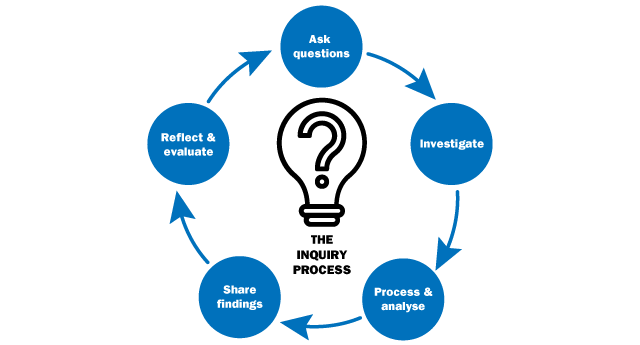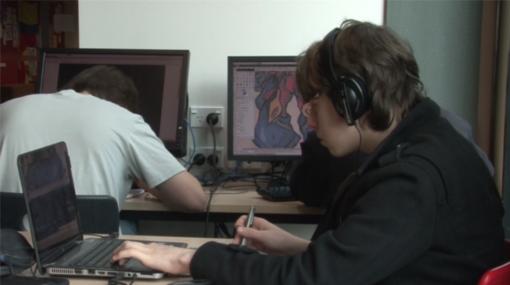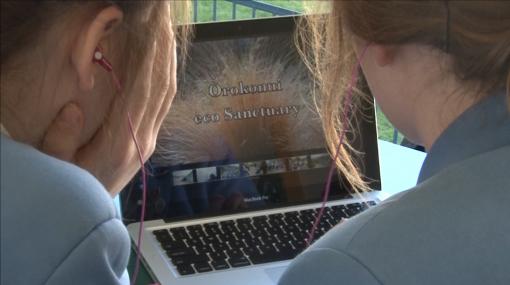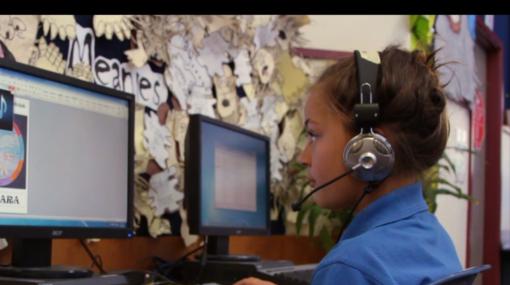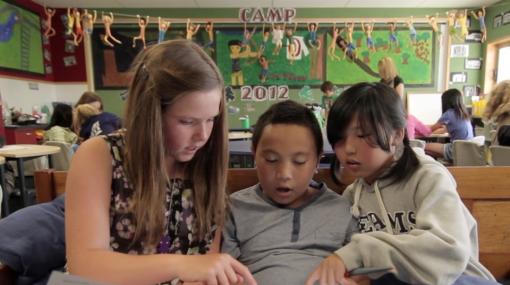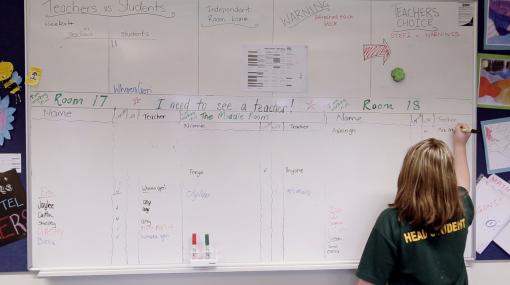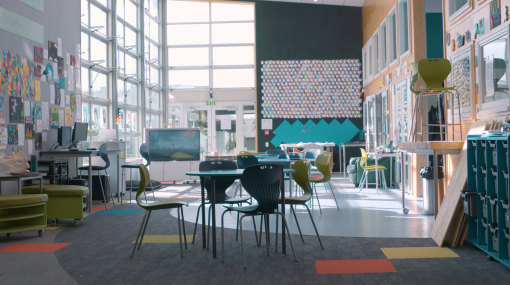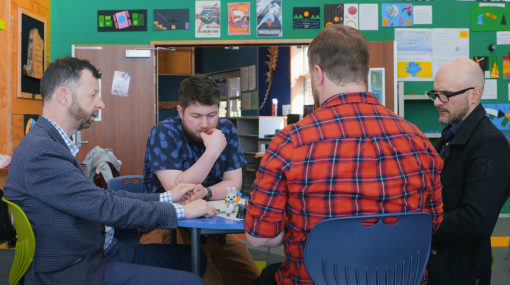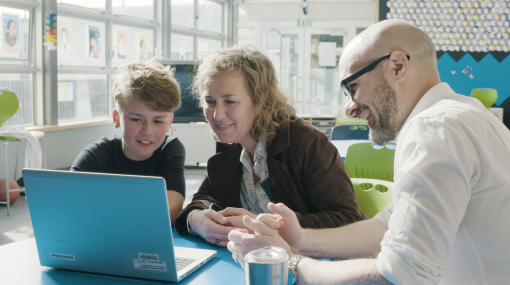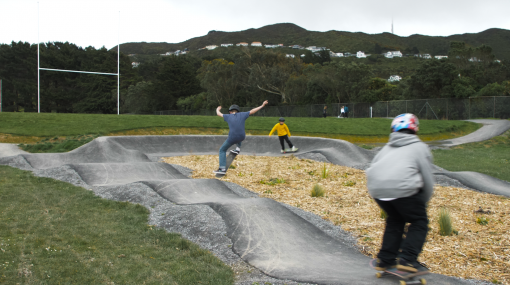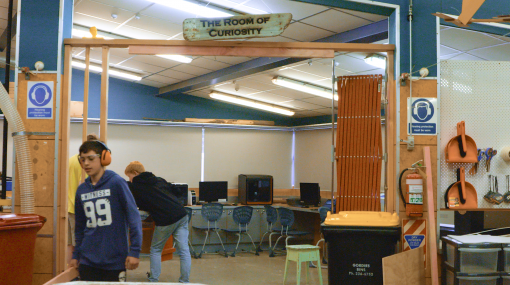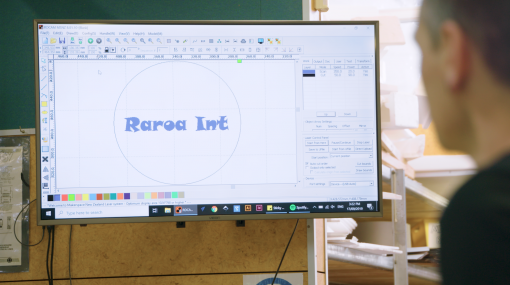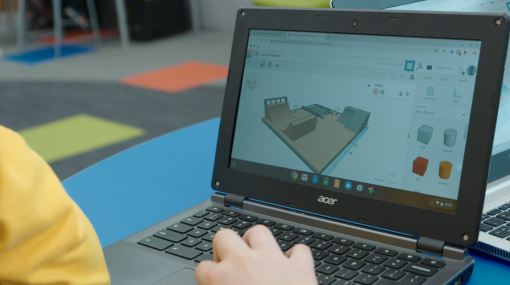Student inquiry
What is inquiry learning?
Inquiry Learning is an active, student-centered pedagogy that enables children to experience the process of knowledge creation.
Students drive learning
An inquiry based approach is driven by students' curiosity about the world around them. It encourages connection, co-operation, and collaboration by allowing students to pose and solve problems together and with their communities in shared, authentic learning experiences.
The meaning of "knowing" has shifted from being able to remember and repeat information to being able to find and use it.
National Research Council, 2007
A teacher's role and approach to inquiry learning
Kath Murdoch shares her thoughts on the strategies used by teachers in inquiry-based classrooms. Questioning and scaffolding learning is key in an inquiry approach. She emphasises the importance of teachers knowing where they want to take students within the curriculum but bringing the students interests into the inquiry.
Hillcrest School teacher, Miel MacLean and students share how learning experiences, in a student-led inquiry into Māori kites, were enriched through using technologies and publishing via a collaborative wiki.
Key resource
LEARNZ
LEARNZ virtual field trips are free, supported inquiry based e-learning experiences that take students and teachers to places throughout New Zealand and beyond, where they link with experts to investigate and explore their world.
These snapshots of learning outline how technologies are used to support student inquiry.
Filter by: Lower primary Primary Upper primary
Sorry, no items found.
School stories demonstrate teachers using technologies to provide personalised, authentic learning experiences relating to student inquiry.
Key resource
Inquiry based learning
In this EDtalk Jan-Marie Kellow talks about how inquiry based learning provides an excellent context for developing students’ thinking skills.
Student inquiry and curriculum integration (Part A)
the first of two articles about student inquiry and curriculum integration. The aim is to help educators consider the ideas about learning that underpin different integrated and inquiry approaches and their fit with ideas in The New Zealand Curriculum.
What is Inquiry?
Information, research results, and resources about inquiry learning compiled by Jan-Marie Kellow during her time as a Ministry of Education e-learning fellow and updated from her ongoing work.
